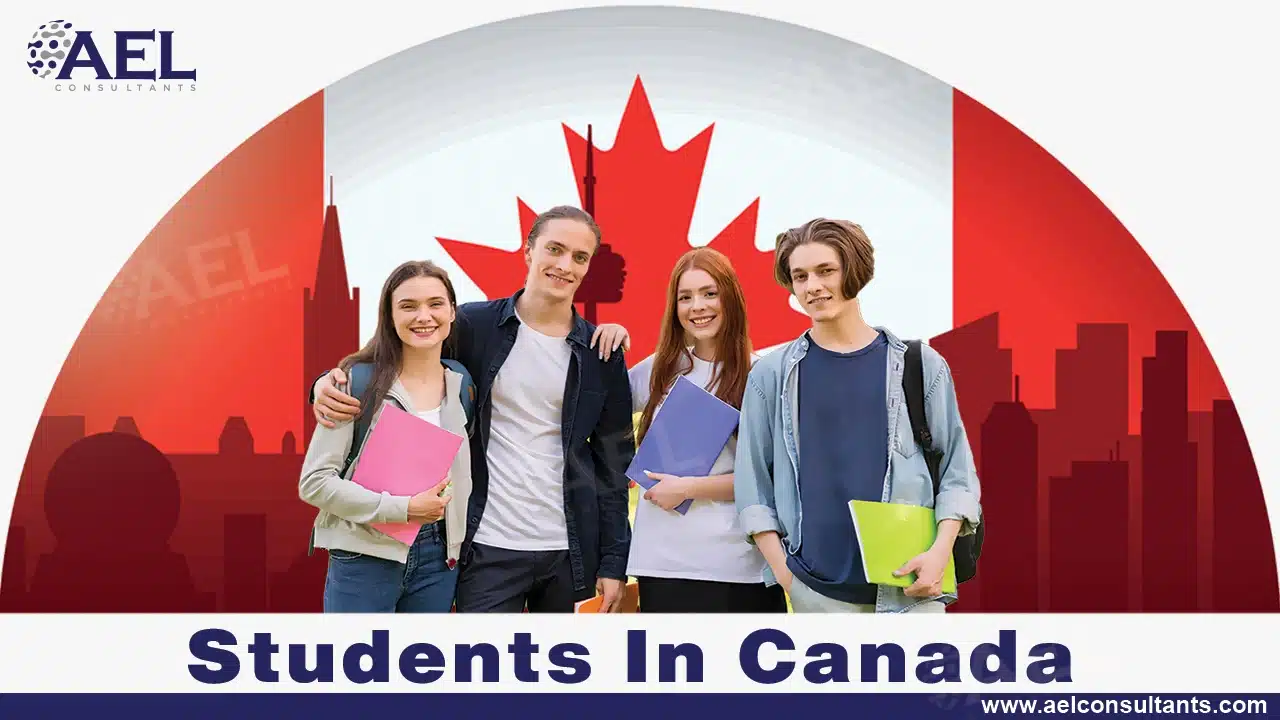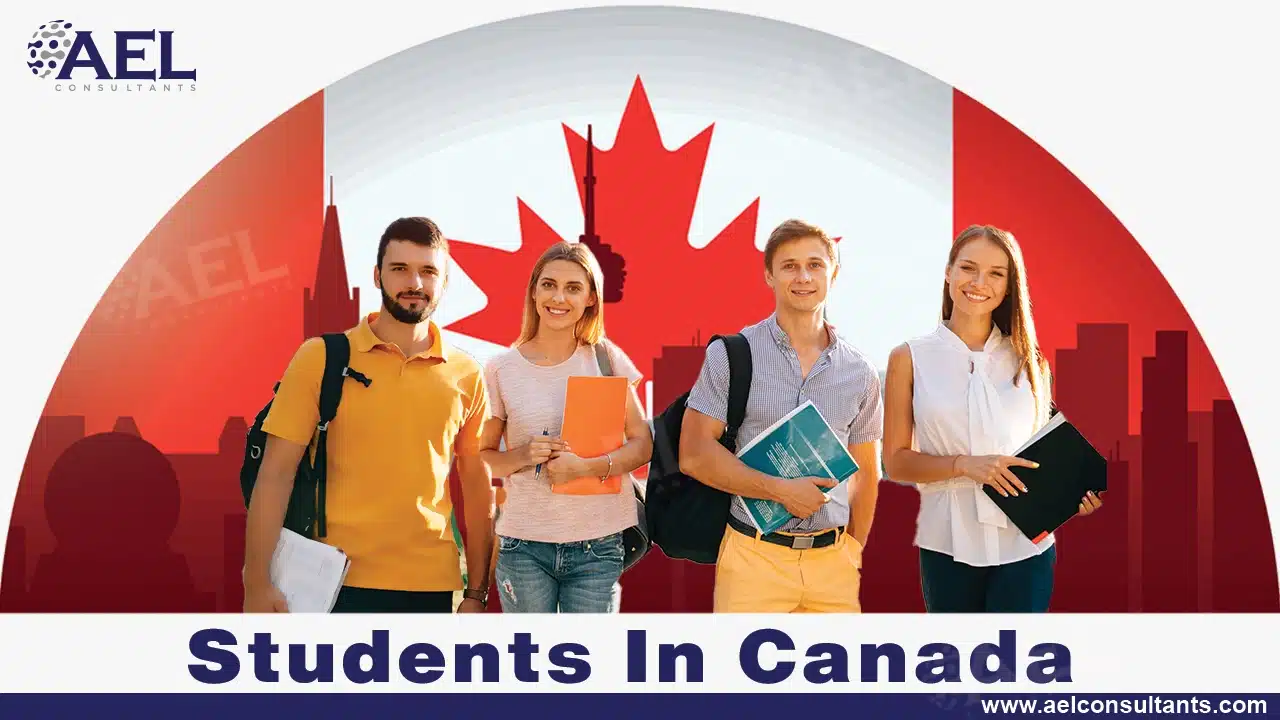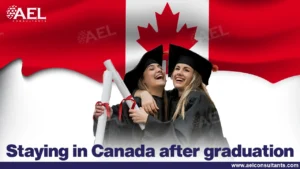Canada is not just a place to gain an education at college, university, or postgraduate level, Canada is indeed the land of opportunity where students are given the freedom to live their lives to the fullest. Canadians enjoy a well-deserved reputation for their reputable universities, diverse multicultural population, and stunning, natural environment; thus, the country is now a destination of choice for foreign learners in search of both quality education and individual development. Students in Canada have an incredibly fulfilling experience in terms of academic achievement, social activities, and personal growth, which would make their stay in the country a memorable learning experience.
Education Excellence
Canada hosts some of the greatest higher learning institutions that offer quality education and research positions. Canadian degrees and diplomas are recognized and accepted by universities and employers throughout the world. Therefore it is an added advantage for these graduates to have these important commodities in the international market. The universities offer many academic programs as per interests such as engineering, business studies, arts, and science, among others, explaining flexible learning systems to accommodate the learner’s aspirations.
Quality of Education: Advanced and practical education is very valued in Canada. Canadian universities provide excellent research opportunities primarily in the sphere of artificial intelligence and other technologies, engineering, environment, and medicine.
Supportive Learning Environment: Lecturers and academic staff are very friendly, thus making learners feel comfortable to embrace the Canadian academic standard to achieve their dreams.
Career Growth And Opportunities
Studying in Canada includes employment where freshers are given multiple opportunities to gain practical working experience as they are in school. The majority of the youngers do take advantage of the post-graduate work permit program from here whereby they are allowed to work in the country for as many as 3 years after the completion of their course.
Part-time Work Options: International learners are allowed to work only 20 hours a week during their study term if they wish to double their income to cater for their expenses; however, during the term break, they can work full-time.
Post-Graduation Work Permit (PGWP): After Completing a degree, Students may apply for a PGWP. They can get Canadian work experience and start building up their particular field.
Co-op and Internship Programs: Many institutions of higher learning in Canada offer co-op programs. Learners can take class work alongside working experience in the course of study making graduates desirable in the job market.
Networking Opportunities: Many universities in this country organize career fares and networking services for junior students to establish relationships with employers or company representatives for business.
As prospective employees, they can get jobs in technology or finance, health care, or media in cities such as Toronto, Vancouver, or Montreal in Canada. They have a good professional base and have better chances in comparison with other people, to find a job of their choice.
Affordable Cost Of Living For Students In Canada
In general, studying in this country is comparatively less expensive than in some other countries. But that does not mean they do not need to be careful while budging for the expenses. According to the survey, overseas use is about CAD 15000- CAD 30000 annually depending on location lifestyle, and accommodation.
Tuition Fees: This range is pretty vast only because depending on the programs and the chosen institution international pupils have to pay between CAD 15000 and CAD 40000 per year. Humanities and educational sciences type courses are usually of lower fees while engineering and medical courses are in higher fees.
Housing and Accommodation: The affordability of houses fluctuates significantly monthly, and it costs an average of CAD 1, 012 for a one-bedroom in various cities ranging to CAD 2,500. Several universities offer housing facilities, and the on-campus facilities are comparatively cheaper most of the time.
Food and Groceries: Groceries – CAD 200 to CAD 300 per month depending on the student’s habits and preferences regarding food
Transportation: Monthly passes in the public transportation system range in price between CAD 90 to 120 with students being offered a discount across most cities.
Healthcare and Insurance: Every international student is required to have health insurance and the packages offered differ from one province to another. It is important to understand that some provinces, including Ontario and British Columbia, do provide a scheme of public health insurance on the other hand, some of the provinces of the country do require people to have private health insurance.
Compared to other countries, the cost of living in this country is moderate but pupils can consider the following to minimize.
A Campus Life And Extra Curricular Activities
Canada is much more than books and classrooms. Students understand this aspect of Student life in Canada. In most universities, several clubs, societies, and activities are present to enable students to follow other pursuits other than academics. The social activities also held by Canadian universities throughout the year include among others cultural week celebrations, sports week celebrations, and art and craft exhibitions. The students can go to places with beautiful hiking trails, ski resorts, and national parks. Activities include skiing in Whistler or kayaking in Banff thus students in Canada have many ways to embrace the beauty of nature.
Social Life And Multicultural Community
People in Canada are generally friendly and welcoming and every international student feels comfortable. The country is multicultural, Students can make new friends from diverse groups thus making the environment welcoming. For instance, pupils are usually privileged to form group friendships within the university or by actively participating in most of the community activities.
Multicultural Experience: Youngers need to be able to peruse their traditions and learn about other traditions as well which can be done in this region.
Events and Festivals: It has several cultural celebrations and get-togethers that are out of the norm, including Toronto’s Caribbean Carnival, Vancouver’s Celebration of Light, and Montreal’s Jazz Music event.
Students In Canada: Balance Studies, Work, And Social Life
Managing between coursework, employment, and social life remains paramount for learners when studying in Canada. This involves striking a balance on the best time for coming up with academic tasks, grabbing job opportunities, and participating in other activities. Canadian universities play a major role in helping them to balance academic work and other responsibilities by issuing out materials such as study skills, career services, and time management skills.
Academic Support Service: Colleges provide students with academic support services like tutoring, writing centers, or study groups so they can succeed academically.
Work-Life Balance: Working part-time is good for students in that one can get professional experience apart from making some income, but it is important for one to balance between the two to avoid stress.
Building a Support Network: A social network acquired on the university level can be the only source of encouragement and support during academic Readmore challenges.
Conclusion
Student life in Canada means a process of personal change, and acquirement of valuable experience and knowledge. The students in Canada benefit from quality education, a diverse population, and myriad co-curricular activities that fuse academic learning with fun. Education in Canada is the dream of many students due to the opportunities provided by the universities, the possibility to meet people from different countries and future career perspectives. It is full of opportunities that influence not only their life and career but also their perspective of the world.
AELC assists students in many ways and is involved in the process of foreign students’ enrollment for education abroad.






